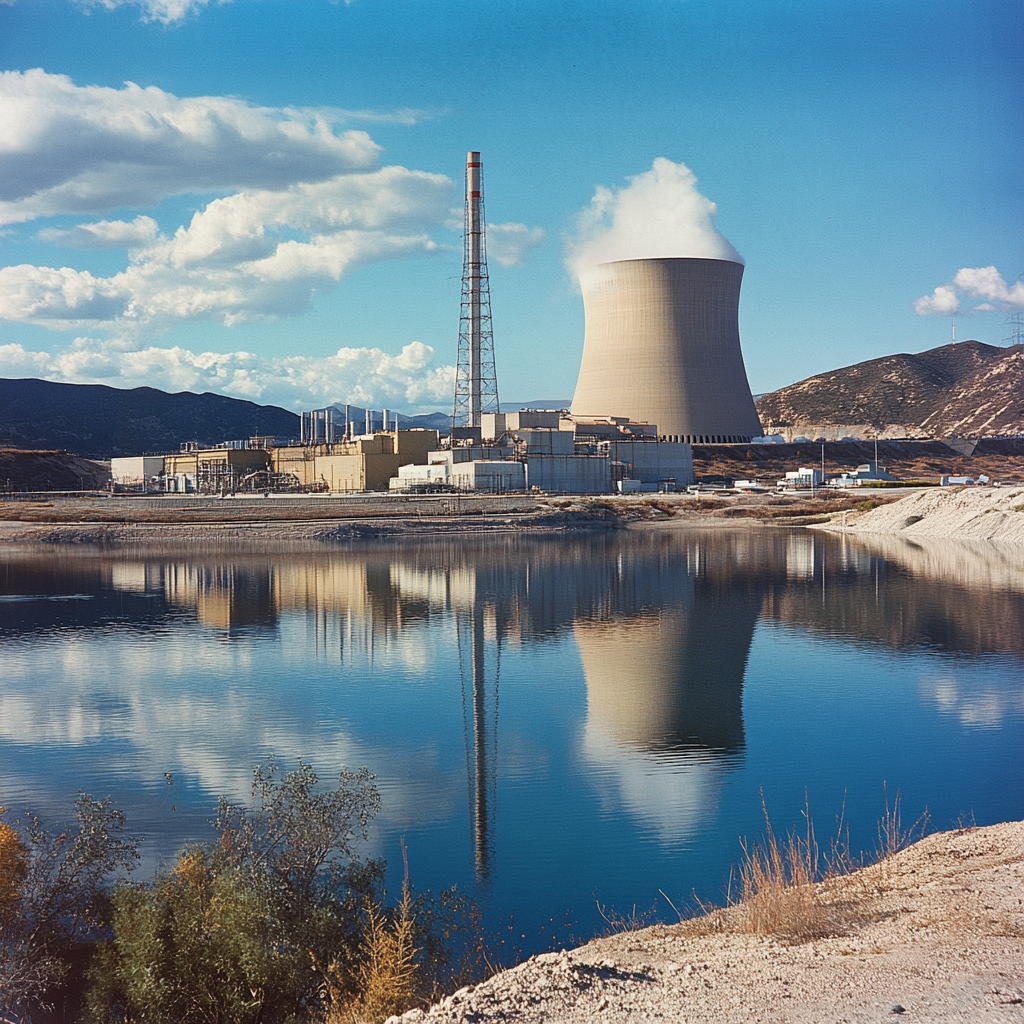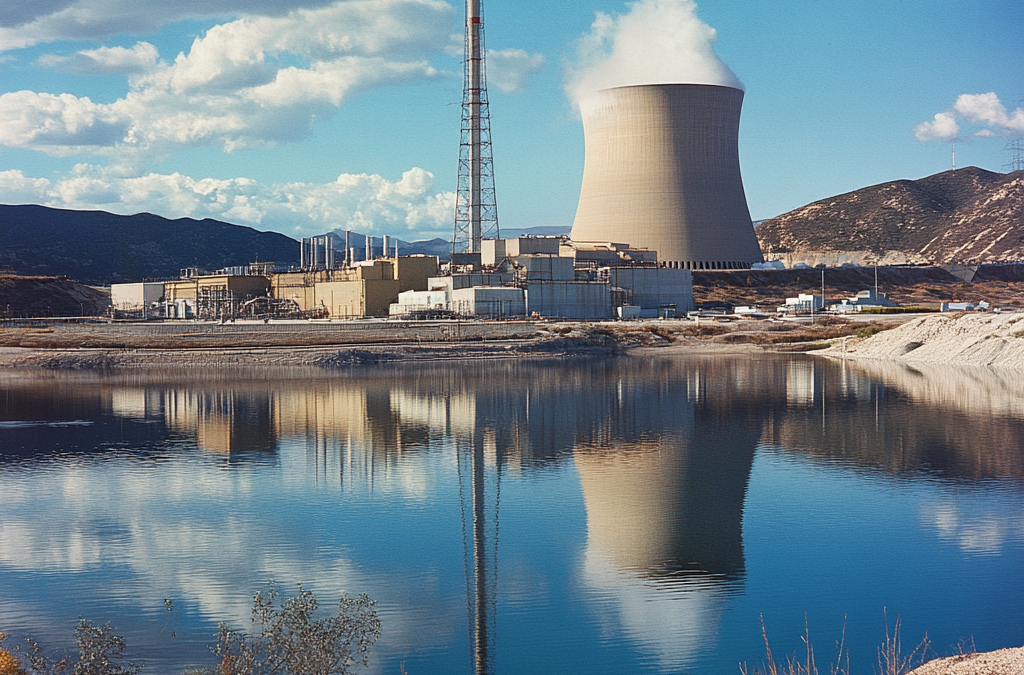
-
- Overturned Chevron Deference: The Supreme Court’s decision ended the long-standing precedent of allowing administrative agencies like the EPA, FDA, and NRC to interpret laws, shifting this responsibility to elected officials, aligning with conservative views on regulatory power.
- Concerns and Impacts: Environmentalists, workers, and dietitians worry about potential deregulation in environmental protection, labor laws, and food and drug safety due to decreased agency power.
- Energy Sector and Nuclear Industry: While the ruling could lead to deregulation and less focus on clean energy, the Nuclear Regulatory Commission (NRC) retains its judicial deference, remaining unaffected and potentially benefiting from deregulation in the nuclear energy sector.
The Supreme Court’s June Chevron decision overturned a decades-long precedent called “Chevron Deference”, where the interpretation of laws were clarified by the use of Administrative Agencies. Administrative Agencies such as the DEA, Department of the Interior, EPA, NRC, and the FDA, are examples of regulatory bodies comprised of experts in their fields to provide regulatory framework to specific industries. Prior to the Chevron Decision, these Agencies were also in charge of interpreting generic language when congress made a law.
Now, the interpretation of those laws are in the hands of elected officials. The Chevron ruling was at the forefront of conservative ideology for decades and is seen as a major success for conservative legislators, who believe the interpretation of generic language should not be in the hands of the agencies, as they are not elected and don’t represent voters.
The ruling impacted environmentalists, workers, and dietitians, who fear the decrease in Agency power will lead to deregulation in environmental protection, labor laws, and food & drug directives.
In the Energy Sector, experts consider the probability of deregulation in energy production- with less emphasis on clean energy. However, one segment that can grow significantly from deregulation is Nuclear Energy.
Perhaps the most tightly regulated industry, directed by the Nuclear Regulatory Commission (NRC). However, the Chevron ruling appears to keep the NRC’s judicial deference. Unlike other agencies, the NRC has been ‘uniquely’ authorized by congress to operate independently when interpreting laws and statutes in Nuclear Energy.
Consequently, those looking for deregulation in the Nuclear Energy & Technology industry will be unaffected.

